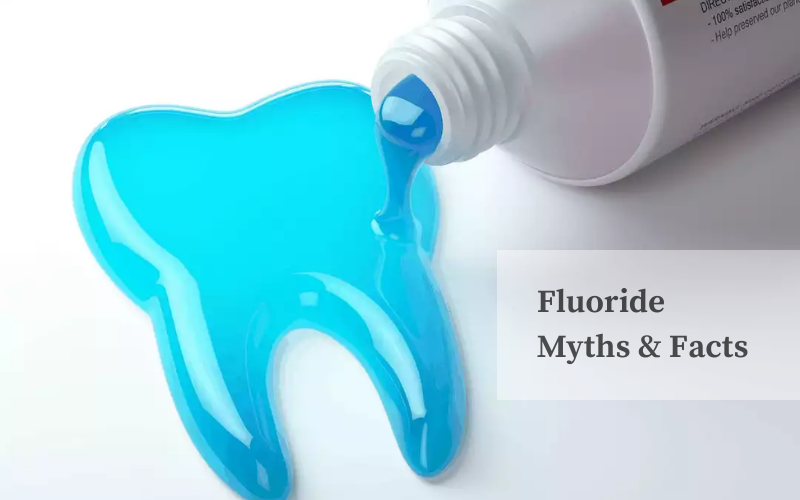Fluoride is a naturally-occurring chemical substance that can be found in many foods and drinks. As natural tooth enamel can be weakened by acidic foods, using fluoride toothpaste and in some instances using fluoride supplements (where the water supply doesn’t have added fluoride) can help prevent dental cavities.
Just like many other essential nutrients, fluoride can be obtained from water and food sources. While drinking fluoridated water is important, certain food items are rich sources of fluoride as well. These include saltwater fish like salmon and trout as well as milk, tea, dark chocolate and cereals made with fluoridated water but these things only makes up a fraction of what we consume day-to-day.
As they’re not sufficient sources of fluoride intake, dentists recommend using fluoride toothpaste daily. Fluoride lowers the chance of developing other dental problems such as sensitivity, rotten teeth, and many more.
Fluoride is beneficial to our teeth and the health of our whole body. But there’s a long history of misinformation about the purported dangers of fluoride, so it can be hard to keep up to date with all the new studies.
Fluoride is a naturally occurring mineral in the body and is not harmful in itself. And it greatly benefits in preventing dental cavities and helps prevent plaque from building up on teeth and gums. This prevents decay by keeping sugar molecules from sticking onto enamel or forming into plaque. However, an excessive fluoride intake can lead to dental fluorosis, a disfiguring condition that causes unsightly white spots on teeth.
In conclusion, the importance of adequate intake of fluoride cannot be overestimated. Fluoride has been the driving force behind the reduction in tooth decay among children and adults for decades. It has also been a key component in the development of both dental and bone health. To preserve these achievements, maintaining an adequate intake is essential.


